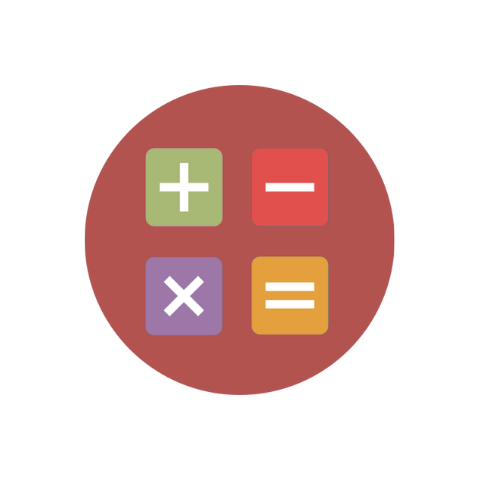Many Arizona workers earn more than their base pay. Commissions, tips, and side income can boost your paycheck—but they also raise questions about taxes. Do commissions get taxed higher? Are tips treated differently? And what about new Arizona laws that could change things? Let’s break it down with clear rules and real examples.
Quick Snapshot: How Arizona Taxes Extra Income
- Federal withholding: Supplemental income such as commissions, tips, and bonuses is usually taxed at a flat 22% rate (or added to wages under the aggregate method).
- FICA taxes: Both commissions and tips are subject to Social Security (6.2%) and Medicare (1.45%).
- Arizona state tax: Flat 2.5% income tax in 2025, with optional elections between 0.5%–3.5% via Form A-4.
- New law (HB2081): Arizona lawmakers are moving to exempt tips from state income tax beginning in 2025.
How Federal Taxes Apply to Commissions and Tips
At the federal level, commissions and tips are treated as supplemental wages. Employers can withhold in two ways:
- Flat percentage method: 22% federal tax rate applies directly to extra income under $1 million.
- Aggregate method: Bonus, tips, or commission is combined with your regular wages and taxed based on your overall bracket.
If you’re curious about how extra pay compares to regular wages, see our guide on how much tax is withheld from a $5,000 paycheck in Arizona.
FICA Taxes Still Apply
Whether it’s a commission check or reported tips, both are subject to payroll taxes:
- Social Security (6.2%)
- Medicare (1.45%)
That’s 7.65% in total, on top of federal withholding. If you earn more than $200,000 (single) or $250,000 (married), the extra 0.9% Medicare surtax could also apply.
Arizona State Tax Rules on Extra Income
Unlike some states, Arizona does not have a separate “bonus tax rate.” Extra income is taxed the same as wages. In 2025, the flat rate is 2.5%.
- On a $1,000 commission, that’s $25 withheld.
- Employees may adjust withholding on Form A-4, choosing anywhere from 0.5% to 3.5%.
For a deeper look at special paycheck deductions, check out our breakdown of Arizona bonus tax rules explained.
HB2081: New Law Exempting Tips
In 2025, Arizona lawmakers advanced HB2081, which would make tips exempt from state income tax.
- Before: $1,000 tip → $25 withheld for Arizona.
- After HB2081: $1,000 tip → $0 state tax (still subject to federal and FICA).
Real-Life Examples
| Income Type | Gross | Federal (22%) | FICA (7.65%) | AZ State (2.5%) | Net Pay |
|---|---|---|---|---|---|
| $1,000 Commission | $1,000 | $220 | $76.50 | $25 | $678.50 |
| $1,000 Tip (2024) | $1,000 | $220 | $76.50 | $25 | $678.50 |
| $1,000 Tip (2025, post-HB2081) | $1,000 | $220 | $76.50 | $0 | $703.50 |
Common Questions About Arizona Paycheck Taxes
Are commissions taxed higher in Arizona?
No. They’re taxed the same as wages, though federal withholding often uses the 22% flat rate.
Do I have to pay tax on cash tips?
Yes. All tips, whether reported by credit card or cash, are taxable and must be declared.
Will tips really be tax-free in Arizona?
At the federal level, tips are always taxable. But starting in 2025, tips may be exempt from Arizona state income tax under HB2081.
Do I pay Social Security and Medicare on commissions and tips?
Yes. Both types of income are subject to FICA payroll taxes.
Can I adjust how much is withheld?
Yes. Use Arizona Form A-4 to pick a state withholding percentage, and update your federal W-4 if needed.
Tips to Keep More of Your Extra Income
- Adjust Form A-4 to avoid over-withholding.
- Contribute to a 401(k) or HSA—this lowers taxable income.
- Track tip income carefully to avoid underreporting and penalties.
- Time your commission payouts if you expect large year-end income.
Harry is the creator of ArizonaPaycheckCalculator.com, a trusted resource for accurate and easy-to-use payroll and tax calculators. With a focus on clarity and precision, Harry helps Arizona residents understand their take-home pay, deductions, and withholdings. Dedicated to making complex calculations simple, he combines financial knowledge with user-friendly tools to save users time and confusion.
